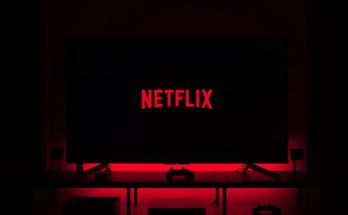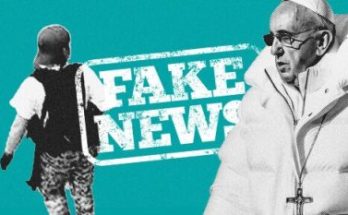By Charles Miller
Last week I described a magazine cartoon depicting a husky fellow holding an empty plate and pointing to a sign above the lunch buffet that reads, “All you can eat for $3.95.” Across from him stands the cook, holding a butcher knife, saying, “You’ve already had all you can eat for $3.95!” I used that image to criticize the way telecommunications companies misuse the word “unlimited.” This week, quite by accident, I stumbled across an old quote from AT&T general counsel Wayne Watts who almost seemed to be responding to what I had written last week.
Mr. Watts asked, “Would it be disingenuous for a fast food outlet to chuck you out, if you took a barrel in to fill on your unlimited refills on soda or, at an [all-you-can-eat] buffet, for you to take [an ice chest] in to ‘fill up’?” That quote was taken from news coverage in 2014 when AT&T was fined by the U.S. Federal Trade Commission (FTC) for deceptive practices. Clearly there can be two sides to any argument, and for that reason we all need to keep an open mind.
Limiting customers’ access to the internet is a thorny proposition. The position of the government regulators was succinctly stated by FTC chairwoman Edith Ramirez, who summed up her sentiment in three words: “Unlimited means unlimited.” AT&T, however, made a cogent case that begs further consideration, because in the world of information technology nothing is as simple as it seems.
Net neutrality, which is the principle that internet service providers (ISPs) treat all traffic the same, has long been a debate with no clear victory for either side. Consumers argue that all internet traffic should be treated equally no matter what it is or how much bandwidth it is consuming. Others say it would be more equitable if ISPs were allowed to charge more to heavy users. That debate continues.
Whether they admit it publicly or not, all ISPs have some form of fair use policy. This way, they can manage network congestion and ensure that more of their customers have a good experience when using the internet. To understand a fair use policy it is necessary to add two new words to the discussion: “throttling” and “capping.” Throttling is limiting a user’s speed, while capping is cutting off someone’s internet access completely.
In its dispute with the FCC, AT&T argued that it had never violated its promise to millions of its smartphone customers who paid for unlimited data plans because it never capped anyone, only throttled their speed down by as much as 90 percent. Technically AT&T might have been correct, but it was still fined for failing to disclose its throttling policy. To many customers, throttling their speed by 90 percent felt the same to them as being capped.
Even more technical is the disagreement among internet network engineers over the efficacy of throttling. Some evidence shows that throttling heavy users is ineffective in reducing network congestion because the number of users connected is sometimes more important than how much bandwidth they are using. That, however, is a highly technical subject I should leave for another day.
Charles Miller is a freelance computer consultant, a frequent visitor to San Miguel since 1981 and now practically a full-time resident. He may be contacted at 415-101-8528 or email FAQ8@SMAguru.com.




